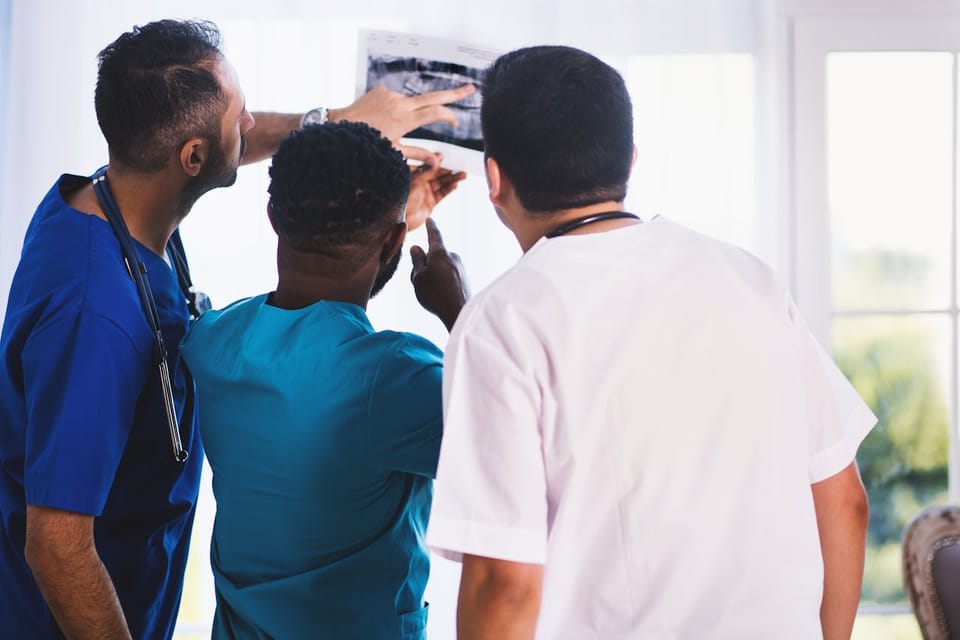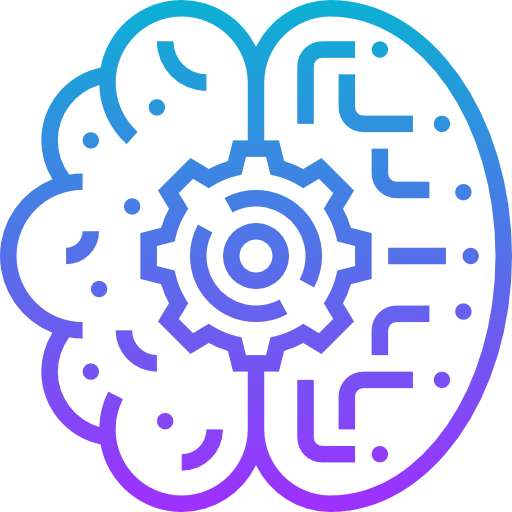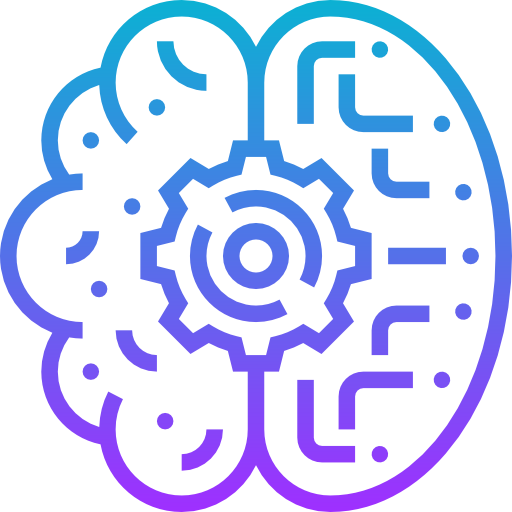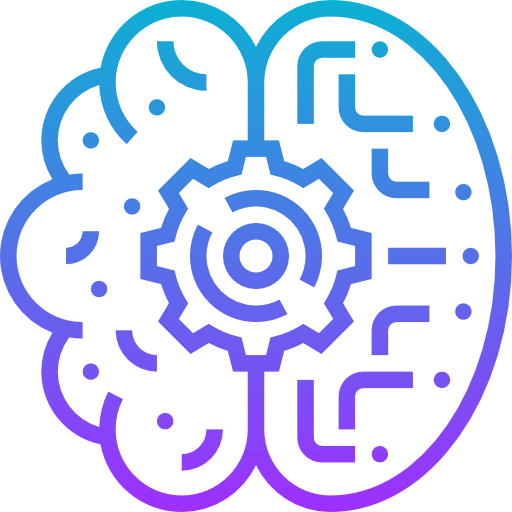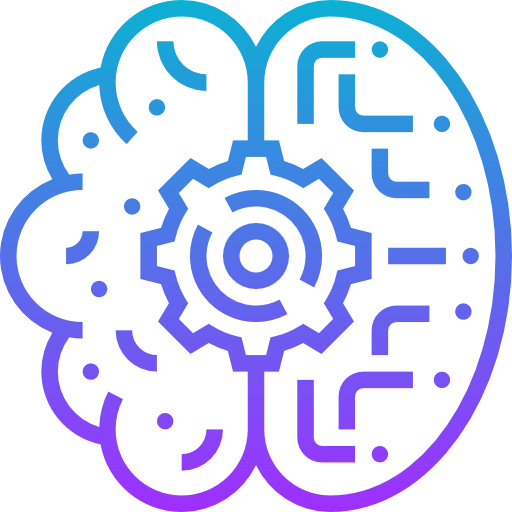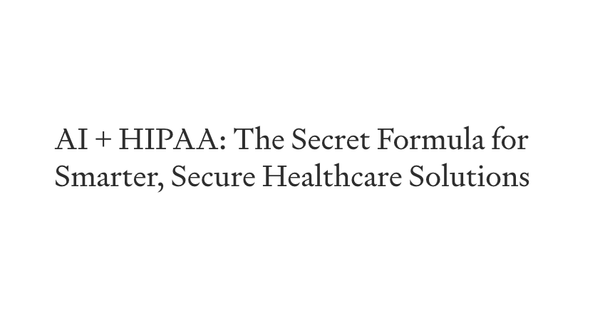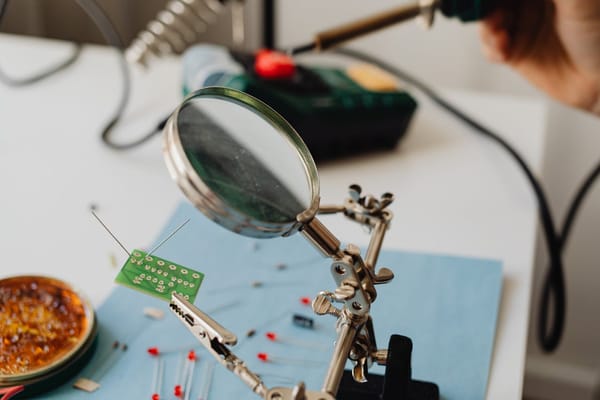Why Patients Should Be Aware of Their Digital Privacy!
Table of Content
Digital privacy may not be the first thing you think about when visiting the doctor, but it’s becoming an increasingly important concern in our tech-driven world. Most healthcare providers now store patient records electronically, and while that often makes medical care more efficient, it also raises questions about data protection and privacy rights.
Let’s explore why digital privacy matters for patients, what role electronic and personal healthcare records play, and how anonymization and blockchain technology might shape the future of healthcare.
Your health data is sensitive. Ensuring it remains protected should be a top priority for patients and healthcare providers alike.
Why Does Digital Privacy Matter for Patients?
Think about the details contained in your health records: test results, diagnoses, prescriptions, even your personal contact information. If this data falls into the wrong hands, it could lead to identity theft, medical fraud, or discrimination. That’s why in countries like the U.S., regulations such as the HIPAA Privacy Rule exist to safeguard personal health information and dictate who can access and share it.
Meanwhile, in other regions like the European Union, GDPR (General Data Protection Regulation) requires organizations to use patient data responsibly and give individuals more control over how their data is processed. Regardless of the specific law, the goal is the same: to keep your sensitive medical data secure and private.
Did you know? Medical identity theft can be more lucrative to cybercriminals than regular financial identity theft, because medical data can’t be easily canceled or changed.
Electronic Medical Records (EMRs)
Electronic Medical Records (EMRs) are the digital equivalents of the traditional paper records your doctor keeps. They typically stay within one practice or hospital system. EMRs help healthcare providers track patient data more efficiently:
- Easier access: Doctors and nurses can retrieve your records from a computer or tablet rather than searching a file cabinet.
- Automation: Reminders, alerts, and other automated features can be added to reduce human error.
However, the very convenience of having data stored digitally can also expose it to potential hacking attempts if the system isn’t well-protected.
This is why healthcare organizations invest in secure networks and encryption to prevent unauthorized access.
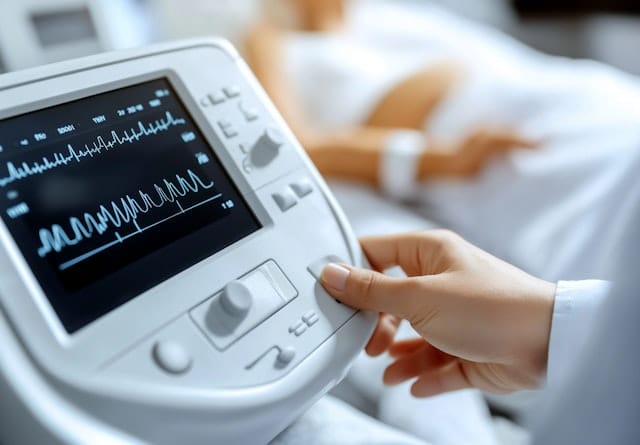
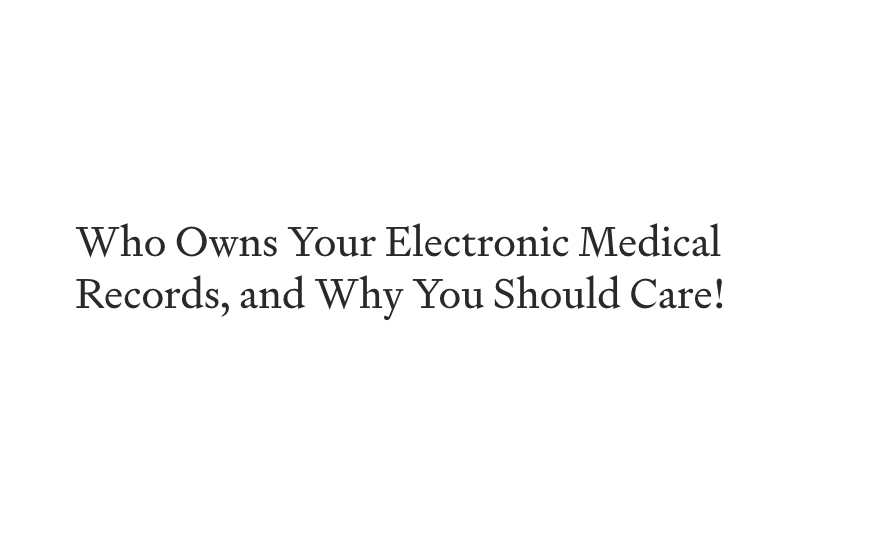
Personal Healthcare Records (PHRs)
Personal Healthcare Records (PHRs) differ from EMRs in that you (as a patient) are primarily responsible for updating and managing them. A PHR might include:
- Your own health notes
- Immunization records
- Test results
- Family medical history
The advantage is that you can share your PHR with any healthcare provider or caretaker, making it easier to get care even if you switch doctors or travel frequently.
Yet this also means you need to be proactive about security—choosing secure platforms or apps and safeguarding your login credentials.
Tip: Always use strong, unique passwords and enable two-factor authentication (2FA) where possible to protect your personal health apps.

Anonymizing Medical Data
Anonymization is the process of removing or modifying personal identifiers in your health data so that it can’t be traced back to you. Researchers and healthcare tech companies often use anonymized data to:
- Develop new treatments and medical devices
- Conduct large-scale epidemiological studies
- Improve healthcare quality and safety
When done correctly, anonymization allows valuable research to proceed without compromising individual privacy. However, if the anonymization process is flawed (for example, leaving certain unique combinations of data intact), it may still be possible to re-identify a patient.
Good to know: De-identification and pseudonymization are similar techniques, but they have different legal and technical standards. Make sure to check if your data is merely de-identified or truly anonymized.
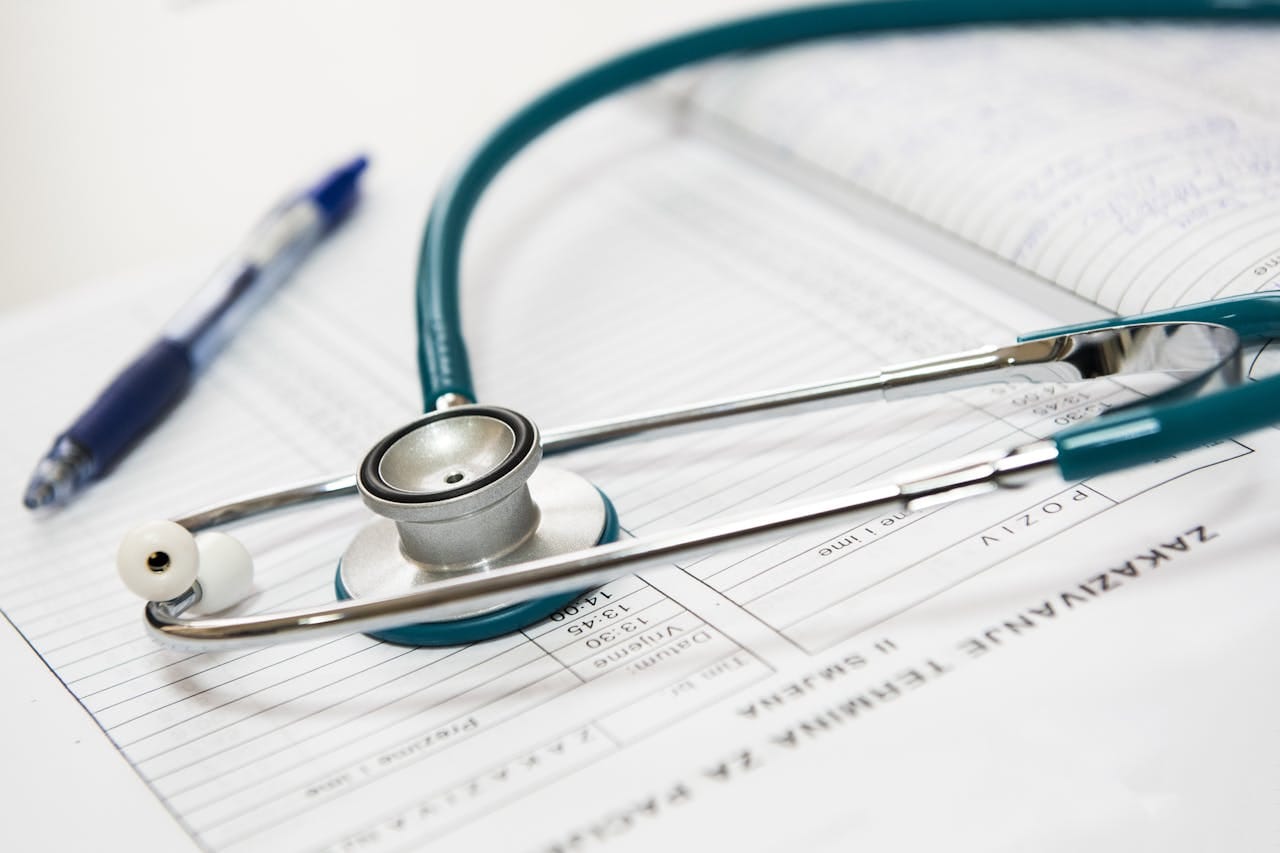
Blockchain-Based Medical Records
Blockchain isn’t just for cryptocurrencies—it’s also finding a place in healthcare. Blockchain-based medical records aim to create a tamper-proof, transparent ledger of patient data. Here’s how it could benefit patients:
- Enhanced Security: Each block in the chain is cryptographically secured, making unauthorized changes extremely difficult.
- Decentralized Access: Patients and authorized providers can access data directly without relying on a single central server.
- Improved Transparency: Every “transaction” (like adding or updating records) is time-stamped and verifiable.
While blockchain has huge potential, it’s still in the early stages of adoption. Issues like scalability, interoperability, and regulatory compliance need to be ironed out before blockchain becomes a mainstream solution.
Example: Projects like MedicalChain and research covered by HealthcareITNews explore how blockchain can be applied to secure medical data sharing.
How Can Patients Protect Their Digital Privacy?
- Ask Questions: Don’t hesitate to ask your healthcare provider how they secure your information.
- Monitor Your Records: Regularly review your medical bills and records to spot any discrepancies.
- Use Secure Platforms: Choose apps and services that follow best practices like encryption and two-factor authentication.
- Stay Informed: Keep an eye on healthcare tech news to stay updated on data breaches or new privacy regulations.
Conclusion
In a digital age, being aware of your privacy rights and how your data is handled is no longer optional—it’s essential. Electronic Medical Records, Personal Healthcare Records, and emerging technologies like blockchain can dramatically improve the quality and accessibility of healthcare.
However, they also introduce new challenges in terms of data security and privacy. By staying informed, asking the right questions, and using secure tools, you can protect your sensitive health information and help shape a future where medical data remains both accessible and secure.
Takeaway: Your health is your most valuable asset, and that includes the data that represents it. Make sure you guard it well!
References and Further Reading
- HHS.gov – HIPAA Privacy Rule
- European Commission – GDPR Overview
- MedicalChain – Blockchain in Healthcare
- NIST – Health IT

